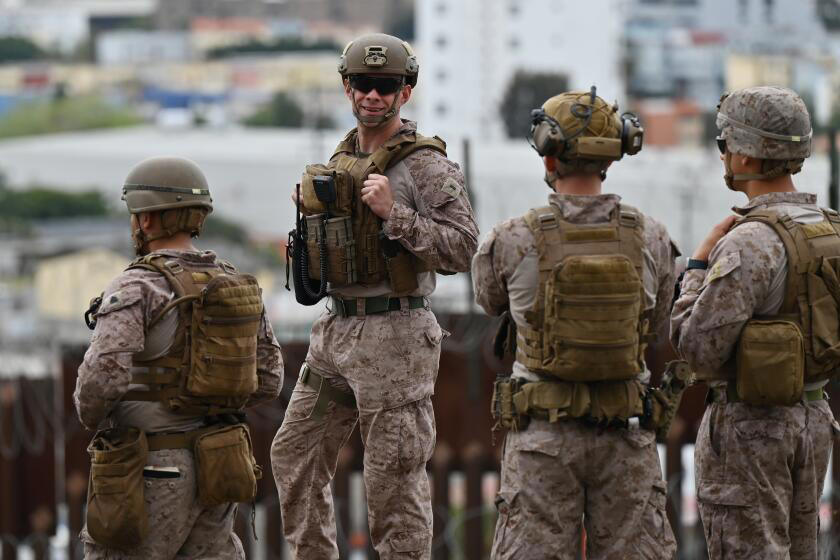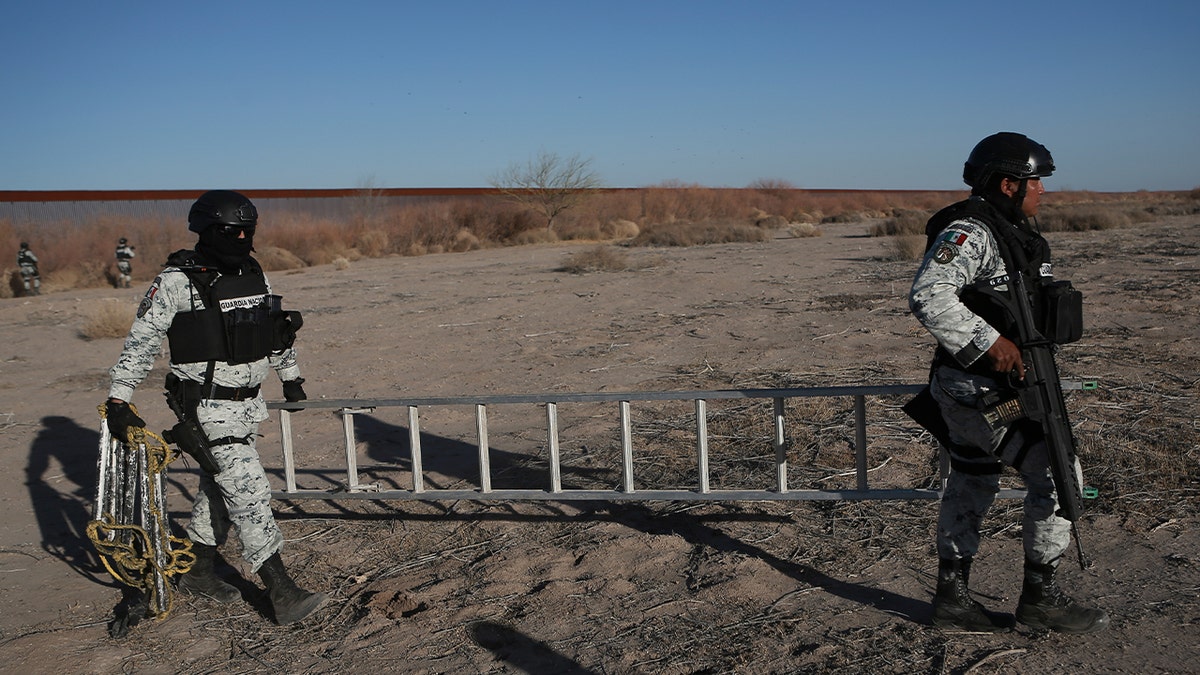US Deploys 4,000 Troops to Combat Drug Cartels in Latin America, Strengthening Military Presence
The United States military is set to deploy over 4,000 Marines and sailors to the waters surrounding Latin America and the Caribbean as part of a significant initiative to combat drug cartels. This strategic move, confirmed by two U.S. defense officials, aims to enhance military capabilities and provide President Trump with a broad array of options to tackle the escalating challenges posed by narco-terrorist organizations in the region.
Background & Context
The deployment of the Iwo Jima Amphibious Ready Group (ARG) and the 22nd Marine Expeditionary Unit to U.S. Southern Command (SOUTHCOM) marks a pivotal shift in U.S. military posture in Latin America. This repositioning of military assets has been in progress for the past three weeks and is a response to the increasing threats posed by drug trafficking operations that have been linked to violence and instability across the region. The U.S. government has identified these organizations as significant threats to national security, prompting this extensive military mobilization.
Historically, the U.S. has engaged in various operations aimed at curtailing drug trafficking, but recent developments indicate a more robust military approach under Trump"s administration. The focus on military solutions reflects a broader strategy that encompasses not only law enforcement but also military intervention in foreign territories where drug cartels operate.
Key Developments
In addition to the deployment of the Iwo Jima ARG and the 22nd Marine Expeditionary Unit, the U.S. military is also reallocating a nuclear-powered attack submarine, several P8 Poseidon reconnaissance aircraft, and additional naval vessels, including destroyers and a guided-missile cruiser, to the region. These assets will enhance intelligence-gathering capabilities and operational readiness against drug cartels.
According to one defense official, these military enhancements are “aimed at addressing threats to U.S. national security from specially designated narco-terrorist organizations in the region.” This statement underscores the administration"s intent to take a more aggressive stance against such groups, which have increasingly demonstrated their ability to undermine government authority and fuel violence in various countries, including Mexico and Colombia.
\n\n
Image for US Deploys 4,000 Troops to Combat Drug Cartels in Latin America, Strengthening Military Presence
Broader Impact
The implications of this military deployment extend beyond immediate operational objectives. Experts argue that a heightened military presence in Latin America could lead to increased tensions between the U.S. and countries that harbor drug cartels, potentially complicating diplomatic relations. The use of military force to combat drug trafficking is a controversial approach, with critics arguing that it may exacerbate violence and instability rather than resolve the underlying issues.
Historically, similar military interventions have had mixed results. In the early 2000s, the U.S. launched Plan Colombia, which aimed to eradicate drug production through military aid and intervention. While the initiative saw some successes, it also led to significant civilian casualties and human rights violations, raising questions about the efficacy of military solutions to complex social problems.
What"s Next
As U.S. military assets arrive in the region, the next steps will likely involve increased surveillance and reconnaissance operations aimed at gathering intelligence on cartel activities. The administration may also consider direct action against cartel leaders or operations, depending on the evolving security landscape.
Furthermore, the deployment is expected to be accompanied by diplomatic efforts to collaborate with regional partners in addressing drug trafficking. This multifaceted approach will be critical as the U.S. seeks to balance military action with the need for cooperative international relations. For those interested in related coverage, recent developments in military strategy highlight the complexities involved in combating drug trafficking in Latin America.

Image for US Deploys 4,000 Troops to Combat Drug Cartels in Latin America, Strengthening Military Presence


![[Video] Heavy clashes and gunfire reported in Baghdad, Iraq](/_next/image?url=%2Fapi%2Fimage%2Fthumbnails%2Fthumbnail-1768342239932-848qsh-thumbnail.jpg&w=3840&q=75)




![[Video] Gunfire between Iraqi security forces and Sadr militias in Baghdad](/_next/image?url=%2Fapi%2Fimage%2Fthumbnails%2Fthumbnail-1768343508874-4redb-thumbnail.jpg&w=3840&q=75)
